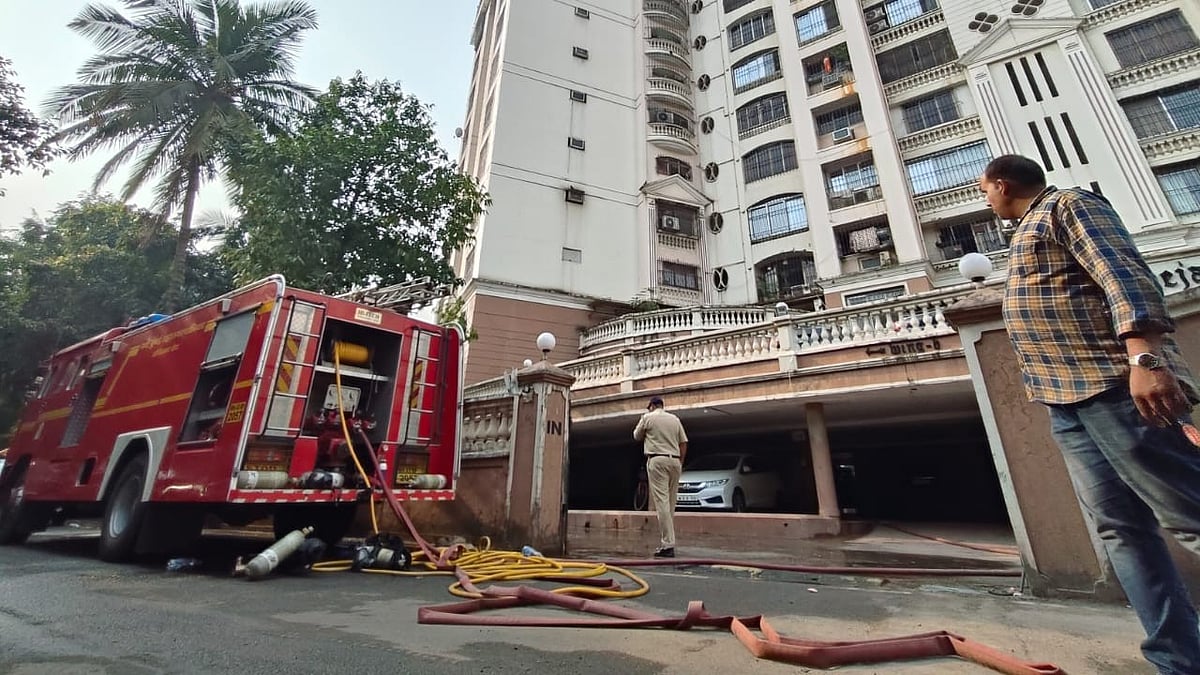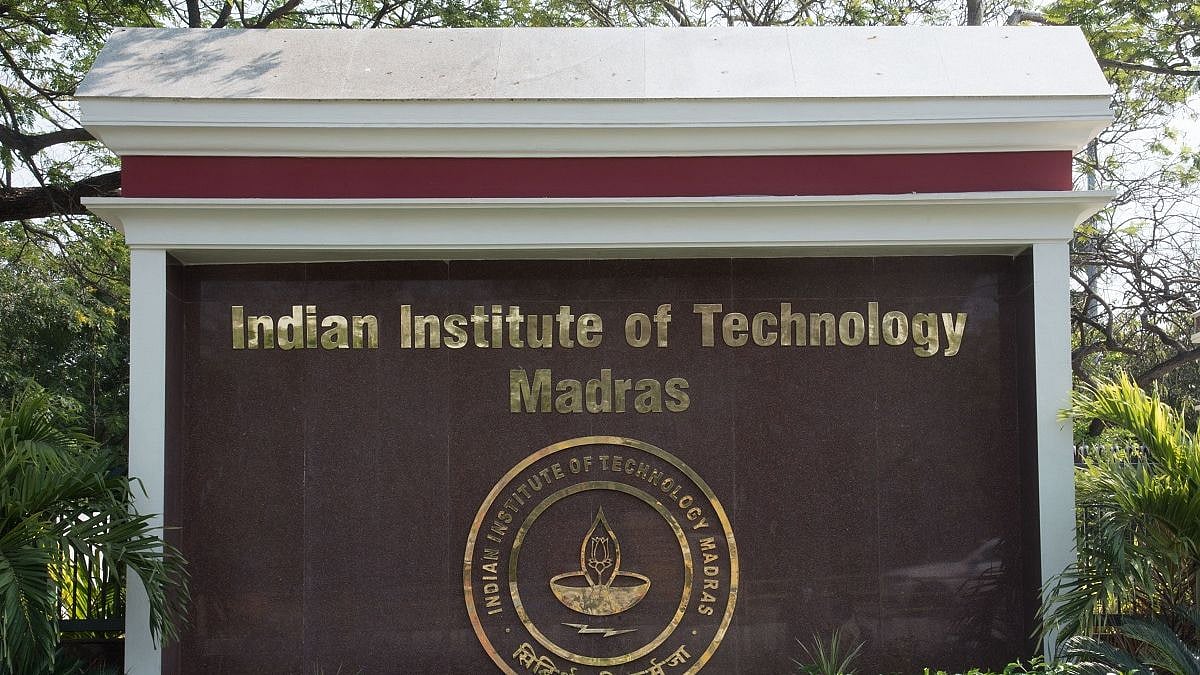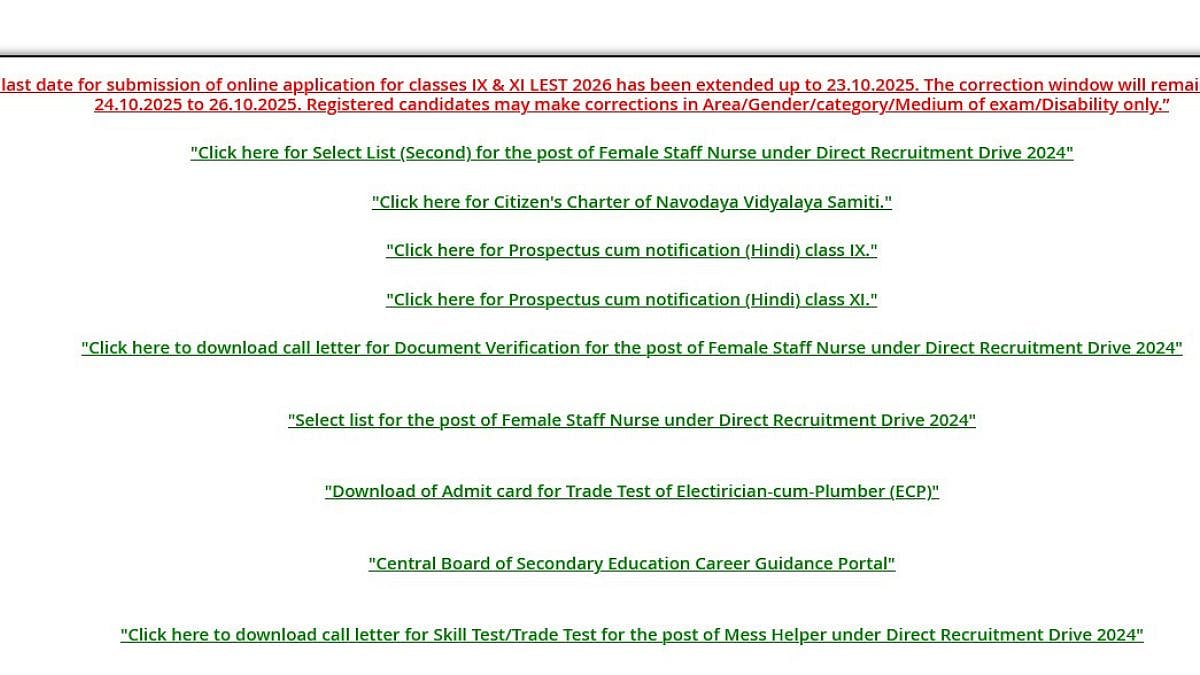It is a subject we are exposed to early on in academic life, and yet somehow gets lots in the college competition. Reena Jhaveri
looks at what it takes to make a career after studying literature.

Literature is not a particular sector in India. Nor in any part of the world. Even then lakhs of students take it up as a major subject during undergraduate studies, without thinking twice about the kinds of job options it will lead them to. All for the love of the written word. It is as Roald Dahl puts it in Matilda: “The books transported her into new worlds and introduced her to amazing people who lived exciting lives. She went on olden-day sailing ships with Joseph Conrad. She went to Africa with Ernest Hemingway and to India with Rudyard Kipling. She travelled all over the world while sitting in her little room in an English village.”
“You see, there is no particular use of literature, like say finance or biology. And yet, every year, millions are involved in the business of the written word. Literature is a subject that opens multiple avenues, and does not restrict the students only to one particular stream. More importantly, it also opens minds,” says Megha Patodi who pursued her BA Literature at Mumbai University, and later her MA in the UK. Currently, she works as an editor with a publishing house.
According to many who have studied at reputed institutes, the choices after graduation are multiplying. “Indian publishing, especially in the English language is at its peak currently, whether you consider novels, print media like magazines and newspaper, newsletters, and even digital media like e-magazines,” says literature graduate and copy editor Suhana Merchant.
Both, Patodi and Merchant are of the opinion that due to this boom in Indian writing and publishing in English, a variety of roles have opened for any literature graduate with an eye for detail. In fact, such personnel are in great demand in the industry, they say.
To get there
T The route to studying literature is pretty straightforward. You need to take up the faculty of arts after class 10, and then move on. After class 12 wherein the subjects are pretty standard, you need to opt for a literature major or part major. If you opt for a literature major during your BA, in your final year, you will be taking all the six final papers in literature. If you opt for a part major, then you will take three papers in literature and the other three in the other subject you choose.
In Mumbai, almost all colleges offering the arts faculty in degree college, affiliated to Mumbai University offer a Bachelor of Arts degree in Literature. Popular among these are:
When you study literature, you will study a range of books, including novels and poetry. But it does not end there. You understand the implied meanings of the era these are written in, learn the contextual meanings and apply your own though and sensibilities to the subject matter.
The duration of the BA degree is three years. Those who are interested in pursuing further studies can opt for a Master of Arts in Literature offered by several colleges and Mumbai and SNDT Universities. The degree can also be pursued in the distance education mode.
There is one major pre-condition though. You need to enjoy reading books, and different kinds of books. Even if you do not enjoy a particular genre, you need to have an open mind to discuss it. If you are unable to do so, then you will not be able to study.
The market
As mentioned earlier, the options are many. The condition is that you need to be good at your language skills and you need to be willing to learn the ropes of that particular industry. The most obvious option for BA graduates is in the profession of writing – whether for a digital media publication or in the field of journalism.
For those who have completed their MA and opted for higher education like MPhil or PhD, the most preferred option is teaching. As colleges expand their departments, they are always on the lookout for talented and qualified teaching personnel. These professionals can then climb the path of research, which is largely lacking in our country. Apart from that, there are content writing opportunities, and editing openings for publishing houses.
Many companies need in house content developers to help with the public relations department of the company for documentation, to publish reports and other publications. Those with an English major find interesting positions in many organisations and companies as literary agents too. Often, literature majors also go into curriculum development, especially for preschool children, since the literary bent of mind happens to help.
Remuneration
The field is so varied, that the pay packages vary heavily with the job and the kind of organisation you work with. If you start as a journalist or desk editor in a media house, you start anywhere between `15,000 and `25,000 as starting pay. With experience, you can claim a higher salary, but that usually happens with a shift in the job. As an editor of a publishing house, one can start at around Rs.18,000, which is likely to be supplemented with the bonus and commission, depending on the policy of your company.
Teaching jobs can be with schools or colleges where remunerations fluctuate heavily. You are likely to be paid much higher in a private school than an aided school and if you work in a college affiliated to a university under the University Grants Commission, you are likely to be paid according to the Sixth Pay Commission.
Many graduates work as writers, and take up jobs on an assignment basis. They are paid according to the assignment, whether it is an article, a short story, a report or an analysis. Usually, they are offered payment according to the number of words, but some may be on a retainer basis or on a fixed payment.
A student says
Mona Pereira, Final year student
Rick Rylance is a former Professor of English at the University of Exeter, has mentioned in an article titled Why Study English Literature: “I think that great literary writing is important, because aesthetic pleasure is an important resource in human culture and for human achievement.” I could not find a better statement to identify with as a literature student.
Studying literary writing often lends a social experience of contemporary times and human situations.
I believe that the mode of knowledge with which students engage when discussing literature, is symbolic of the way values and social customs should operate societies.
Professor Rylance lays down his ‘pedestrian map’ of the subject to include three central activities. “First, the cultural aspect, in which students and teachers engage primarily with literary texts in order to enable discussion of issues and values. Second, there is the functional or instrumental aspect in which students and teachers acquire and understand modes of communication and how to operate them successfully. Finally, there is the creative aspect. This is of increasing importance and includes not only ‘creative writing’, but also the broad appreciation of intellectual and aesthetic creativity and originality.”
In the field
Suhana Merhcant, Editor with a publishing house
To be successful while pursuing your degree, you need to enjoy every moment of reading, and discussing the texts. If you can bring in more to the class from non-fictional reading that you do on your own, it will help you to build a system of thinking and filtering your thoughts according to your tastes.
From time to time I am asked what it is that the field expects from those who want to study literature. For me, the answer is simple. The course looks at those who have the ability to read all sorts of things (not just novels) with the skill and care of which they are capable.
The study of literature often enables students to communicate their thoughts effectively, which is an essential asset for any field of work.
During the course of your formal study, you will be introduced to literary genres – poetry, the novel and narratives, and drama, mainly in terms of their history, the theories that literary criticism has developed to talk about them, and their technical features. It is for you to understand the context of these works and genres in modern times to develop an ability to bring it into your everyday work. And with this ability, you will be equipped to face all sorts of jobs upon graduation.
An aspirant asks
Naina Patel, Class 10 student
I love to read books, and I have enjoyed almost all the classics at school. I discuss these at length with anyone who is interested and whenever I come across a person who reads, I ask for recommendations. Looking at this interest, my mother has always encouraged me to look at literature as a study option, and I agree. However, I want to be sure that once I take up the course, I will still enjoy reading, and the detailed analysis will not ruin it for me.
Professional Suhana Merchant answers: I understand what you mean. A friend of mine didn’t opt for literature for the same reason. However, I do not agree with this view point. Every discussion or analysis that you have in during the course of your study should enable you to view the text in a different context or light, and it should enable you to open your mind to multiple possibilities in the same text. You are a classic example of what writer Jane Yolen says in her book Touch Magic: Fantasy, Faerie & Folklore in the Literature of Childhood: “Literature is a textually transmitted disease, normally contracted in childhood.”
You have a gift that not many enjoy in this time of short attention spans. Moreover, your kind of clarity of thought about your future education is rare, and that too, with parents backing you. I think you should go for it!










